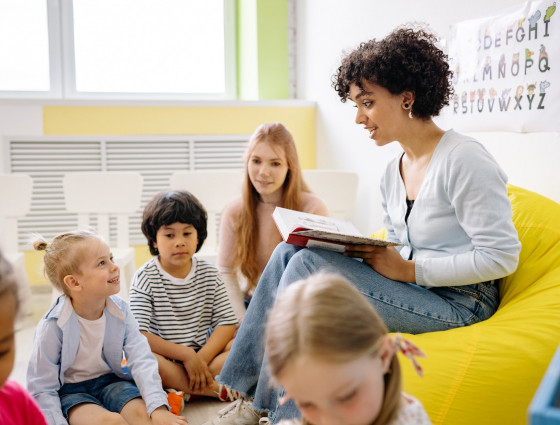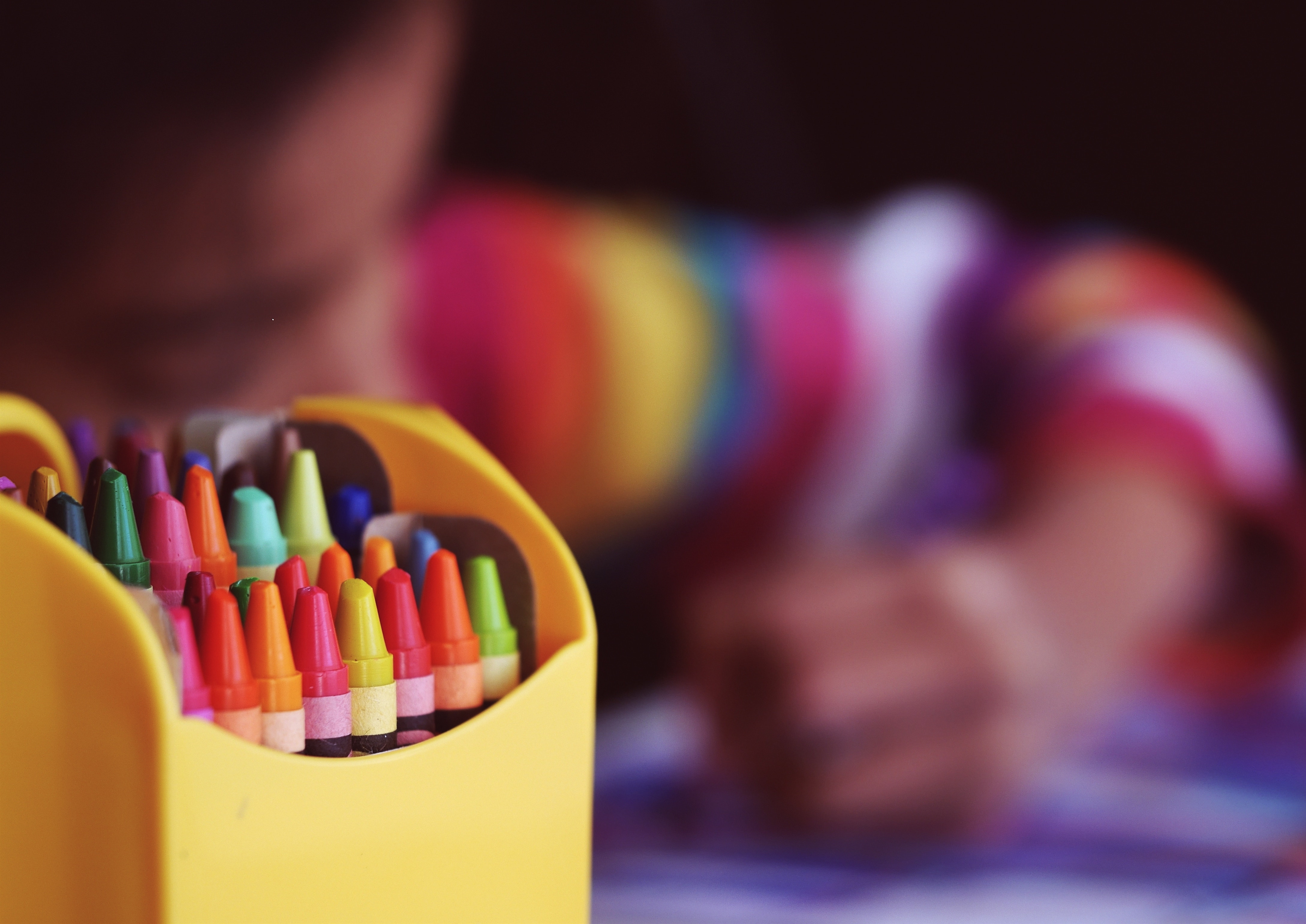
Is your child ready for school?
School readiness is about being prepared socially, emotionally, and physically to learn. This includes being able to express needs and feelings, demonstrate listening skills, and have some independence in personal care.
Starting school for the first time can be an exciting time but also very daunting for both the child and the parents.
Below are resources and tips that will help your child get ready to start school and make the most of their learning.
Useful links
- How to prepare your child for school - BBC Tiny Happy People
- Solihull Approach – Worcestershire online learning - free courses and resources for families and specialist, emotional and mental health learning for teenagers
- Solihull Approach – Moving up - raising emotional health: for parents of children moving up to a new school
- Words for Life- National Literacy Trust


 Facebook
Facebook X
X Email
Email WhatsApp
WhatsApp Messenger
Messenger